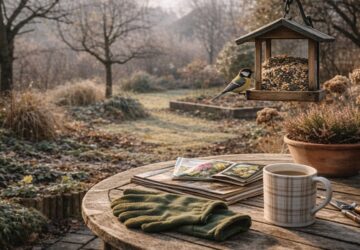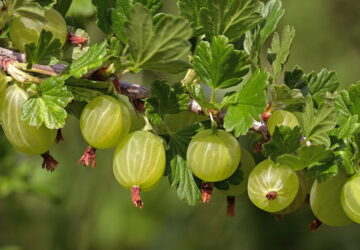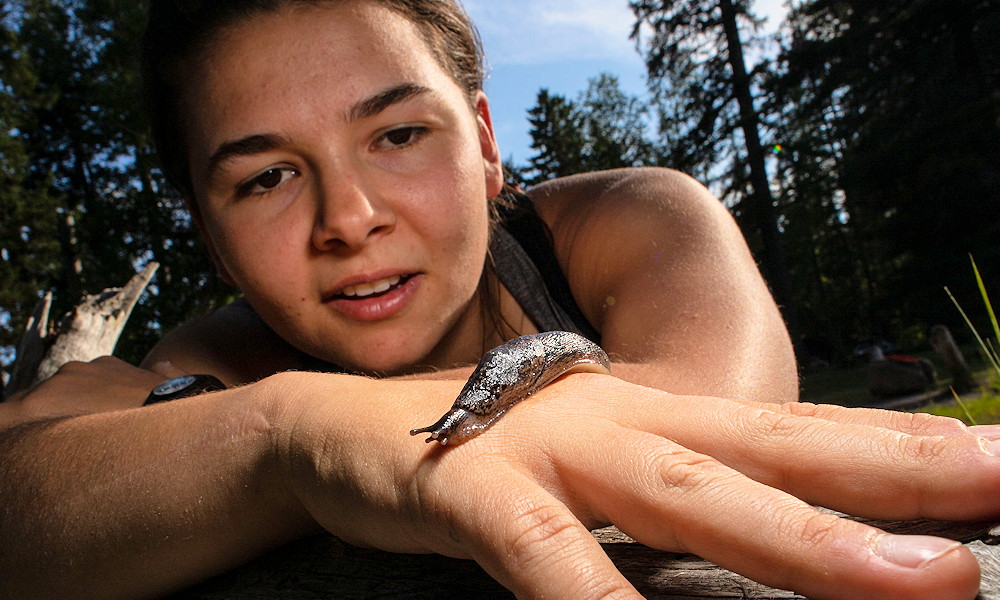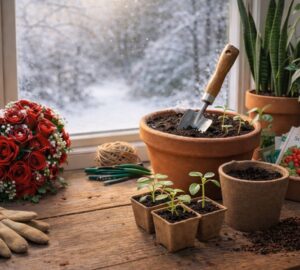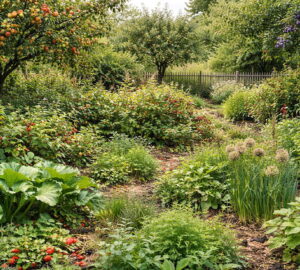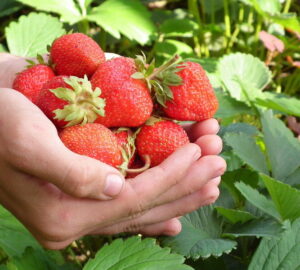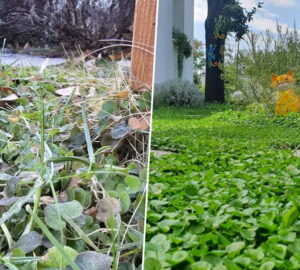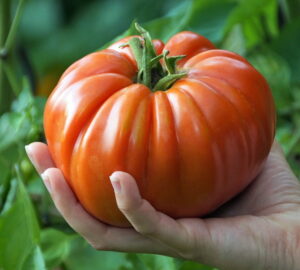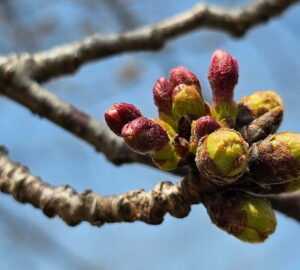As gardeners, we often pride ourselves on fostering a thriving ecosystem within the confines of our beloved green spaces. However, when an unwelcome guest arrives in the form of a non-native slug species, it can spell trouble for our carefully cultivated plants and delicate balance of biodiversity.
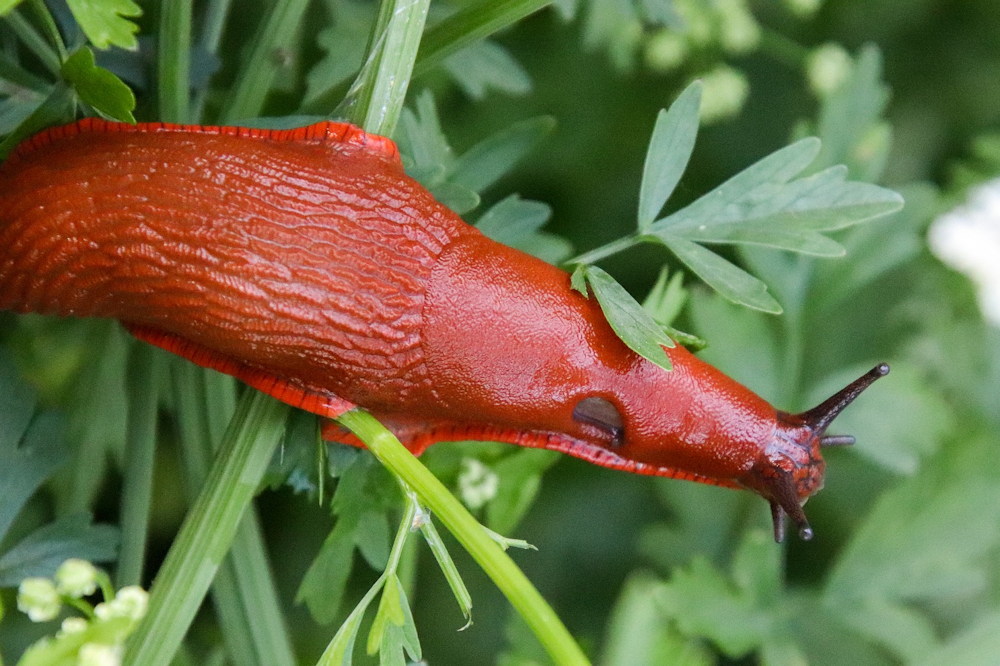
Why It’s a Problem
- Disruption of Garden Ecosystems: Non-native slug species pose a threat to the delicate equilibrium of our gardens. These interlopers often lack natural predators in their new environment, allowing their populations to skyrocket unchecked.
- Competition with Native Species: Non-native slugs can outcompete native species for resources, further destabilizing local ecosystems. When non-native slugs muscle their way into the picture, they disrupt this balance, potentially driving native species to the brink of extinction.
- Ecological Implications: The introduction of non-native slugs can have broader ecological implications beyond our gardens. These invaders may serve as vectors for diseases or parasites that can affect not only plants but also other wildlife. Furthermore, they can disrupt soil health and nutrient cycling, impacting the entire ecosystem’s vitality.
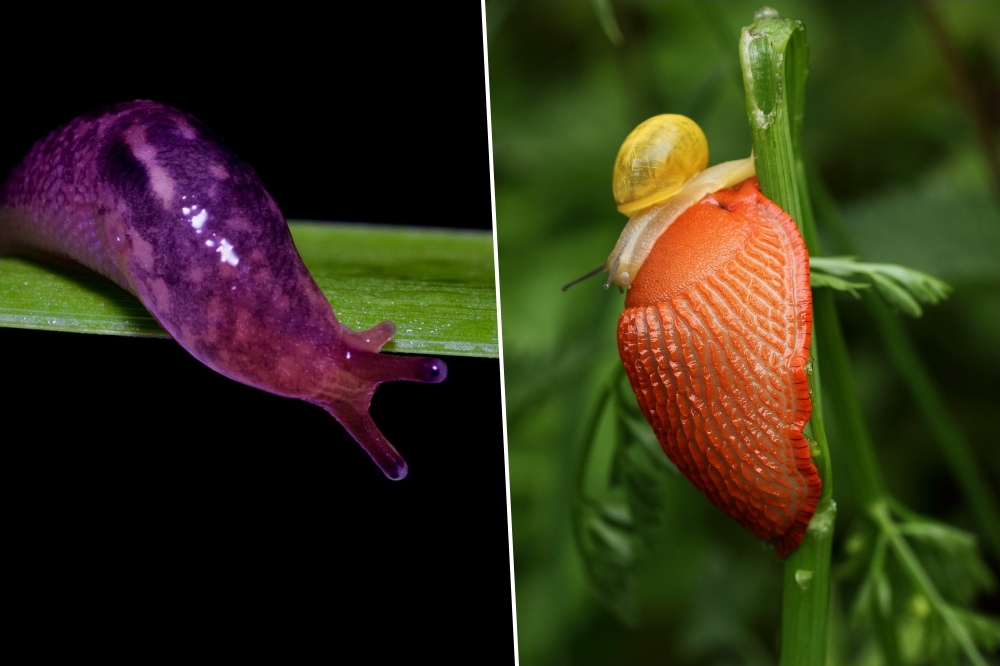
How Non-Native Slugs Arrive in Gardens
Non-native slug species often hitch a ride on plants imported from distant locales or arrive hidden within soil amendments. Human activities, such as international trade and travel, facilitate their spread, turning our gardens into unwitting battlegrounds in the fight against invasive species.
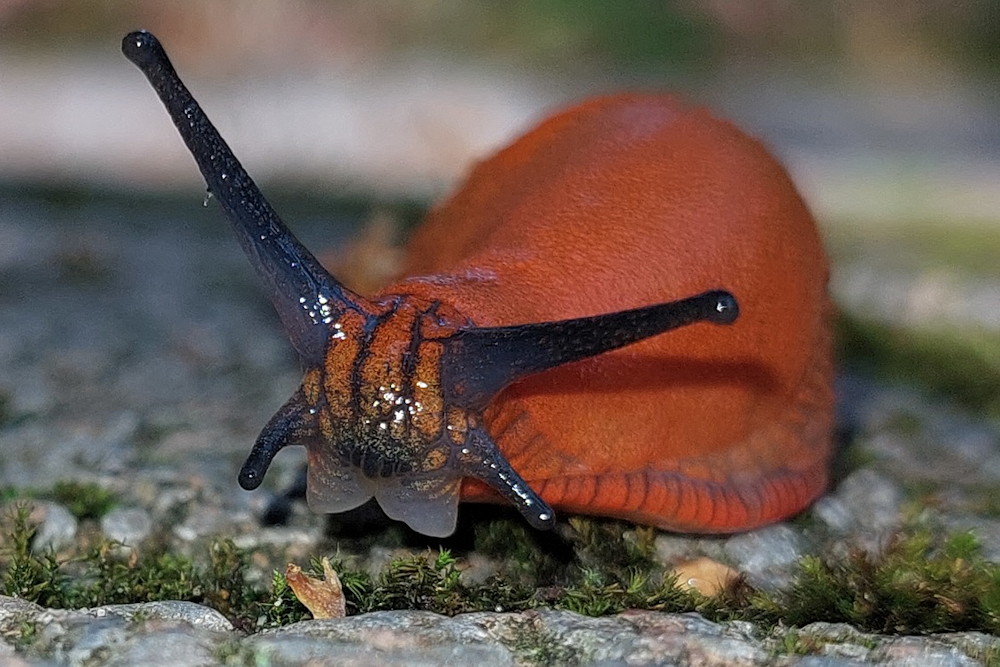
Mitigating the Impact
- Vigilance: Regularly inspecting plants for signs of slug activity and promptly removing any invaders can help prevent their establishment.
- Physical Barriers: Creating barriers, such as copper tape or diatomaceous earth, can deter slugs from accessing vulnerable plants.
- Diverse Plantings: Fostering a diverse array of plant species in our gardens can help discourage slug infestations, as different plants may possess varying levels of resistance to slug damage.
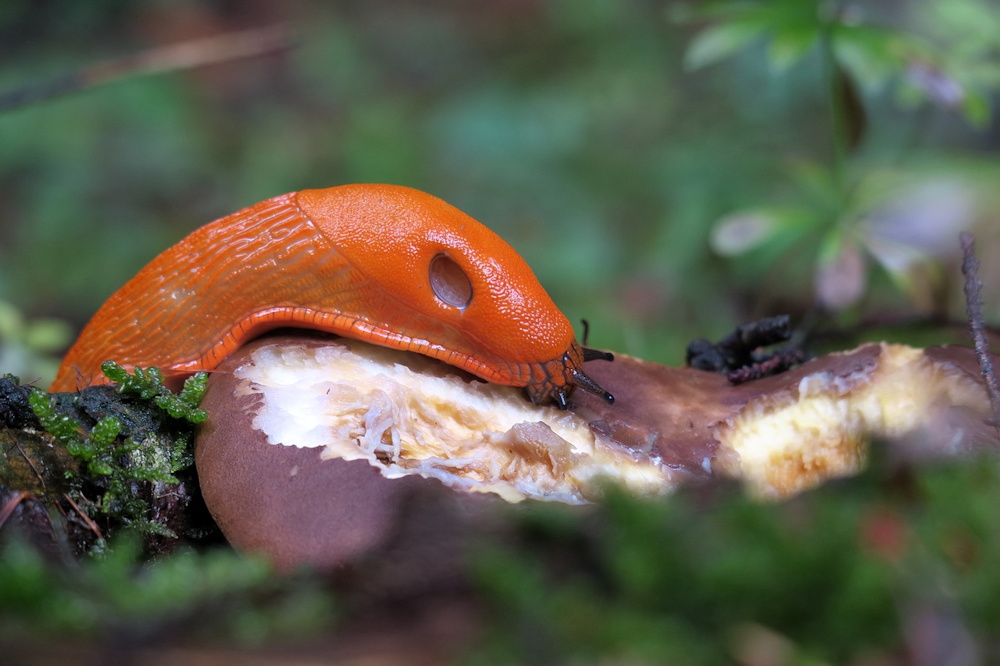
In conclusion, the appearance of non-native slug species in our gardens is not a matter to be taken lightly. By remaining vigilant and implementing proactive measures, we can work to safeguard our gardens against the scourge of invasive slugs, preserving the beauty and vitality of our natural spaces for generations to come.
